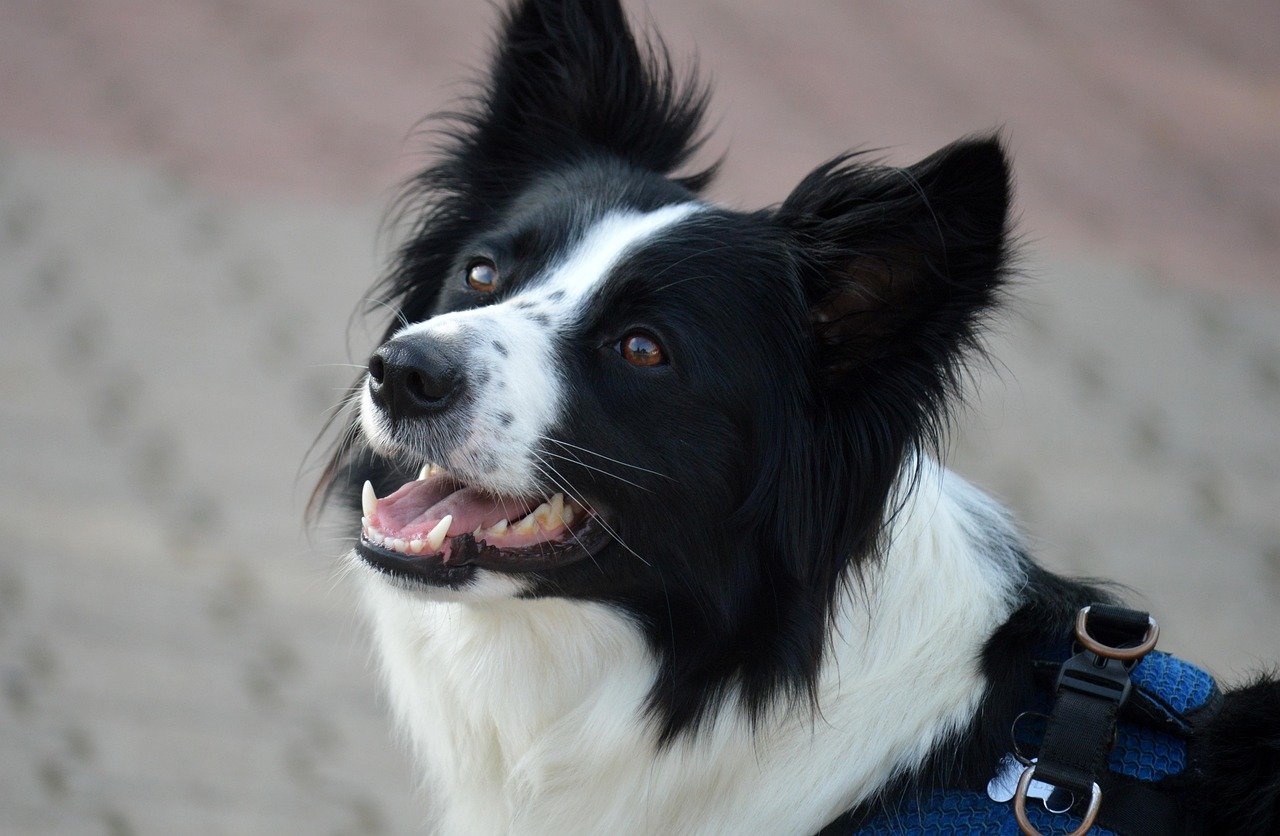Dogs are often considered a part of the family. They’re there to greet us with wagging tails after a long day, offer comfort when we’re feeling down, and bring joy with their playful antics. But just like humans, dogs can sometimes feel a little neglected or in need of extra affection. While they can’t speak to us directly, they have their own unique ways of communicating their needs. Recognizing these signs can strengthen the bond you share with your furry friend. Here are 12 subtle signs your dog might be silently asking for more love.
Constant Begging for Attention
Dogs are masters at bringing love and joy into our lives, but sometimes, they need a little extra care and attention in return. While they can’t speak, they have subtle ways of showing when they’re feeling lonely, anxious, or in need of reassurance. From small changes in behavior to less obvious signs of stress, being able to recognize these cues can help you provide the love and support your furry friend needs.
When your dog starts following you around the house more than usual or nudging you for attention, it might be a sign they need more affection. Dogs often seek attention when they feel ignored or left out. Imagine a child tugging at your sleeve for a hug; your dog might be doing the same with those soulful eyes. It’s important to set aside some dedicated time each day to play or cuddle with them. This not only fulfills their emotional needs but also reassures them that they are loved and valued.
Excessive Barking
While barking is a natural behavior for dogs, excessive barking can be a sign of distress or loneliness. Much like a person might raise their voice to be heard, dogs might bark to get your attention. If your dog seems to be barking more than usual, they might be trying to tell you something. Spending some quality time with them or engaging them in fun activities can help reduce their anxiety and show them that they are cherished.
Changes in Eating Habits
A sudden change in your dog’s eating habits, such as eating too much or too little, can indicate that something is amiss. Sometimes, dogs might eat more when they’re feeling neglected, similar to how some people might comfort themselves with food. On the other hand, a loss of appetite can be a sign of stress or sadness. Paying attention to these changes and addressing them with a little extra love and attention can make a world of difference for your pet.
Increased Licking or Chewing
If your dog starts licking or chewing on themselves more than usual, it could be a sign that they’re feeling anxious or stressed. This behavior is often a coping mechanism, much like how humans might bite their nails when they’re nervous. Providing your dog with toys, engaging them in play, and showing them affection can help alleviate their stress and make them feel more secure.
Frequent Whining or Whimpering

Dogs often use whining or whimpering as a way to communicate their needs or discomfort. If your dog seems to be whining more than usual, they might be trying to express their need for more attention or affection. Think of it as their way of saying, “Hey, I need you!” Taking the time to comfort and reassure them can help ease their worries and strengthen your bond.
Destructive Behavior

When dogs feel neglected or anxious, they might resort to destructive behaviors like chewing on furniture or digging up the yard. This is their way of releasing pent-up energy or frustration. Instead of scolding them, consider spending more time playing with them or providing them with mental stimulation. This can help channel their energy in a positive way and show them that they are loved.
Changes in Sleeping Patterns

A dog that suddenly starts sleeping more or less than usual might be signaling that something is off. Just like people, dogs can experience changes in their sleep patterns when they’re feeling down or stressed. Ensuring they have a comfortable sleeping environment and spending quality time with them can help improve their mood and sleeping habits.
Loss of Interest in Favorite Activities
If your dog seems disinterested in their favorite toys or activities, it might be a sign that they’re feeling sad or neglected. This can be compared to a person losing interest in their hobbies when they’re feeling down. Reintroducing them to fun activities and showing them extra love can reignite their enthusiasm and lift their spirits.
Excessive Panting or Pacing
Panting and pacing can be signs of anxiety or stress in dogs. Think of it as their way of expressing restlessness or unease. If your dog is exhibiting these behaviors, they might be in need of some extra comfort and reassurance. Spending time with them in a calm environment and offering them affection can help soothe their anxiety.
Clinginess
A dog that suddenly becomes more clingy or needy might be seeking reassurance and affection. This behavior is often seen in dogs that are feeling insecure or anxious. Imagine a friend who consistently seeks your company when they’re feeling down; your dog might be doing the same. Offering them extra cuddles and attention can help boost their confidence and make them feel more secure.
Unexplained Aggression
While aggression can have many causes, sometimes it can be a sign that your dog is feeling stressed or neglected. This is similar to how a person might lash out when they’re feeling overwhelmed. Addressing the underlying cause and offering your dog extra love and attention can help improve their behavior and strengthen your relationship.
Lack of Enthusiasm
If your dog seems less enthusiastic about daily activities, it might be a sign that they need more love and attention. Dogs, like humans, can feel down or unmotivated when they’re not getting enough affection. By spending quality time with them and engaging them in fun activities, you can help lift their spirits and show them how much they mean to you.
Recognizing these subtle signs and responding with love and care can make a significant difference in your dog’s well-being. Remember, a little extra love goes a long way in ensuring your furry friend feels happy, secure, and cherished.

Alex is a born and raised Capetonian with a strong love for animals and the outdoors. She is a Third-year veterinary student at the University of Pretoria in South Africa. She also completed a BSc in Animal Science at Stellenbosch University, where her passion for working with animals only strengthened. She has always surrounded herself with animals and has been fortunate enough to work closely with them.





